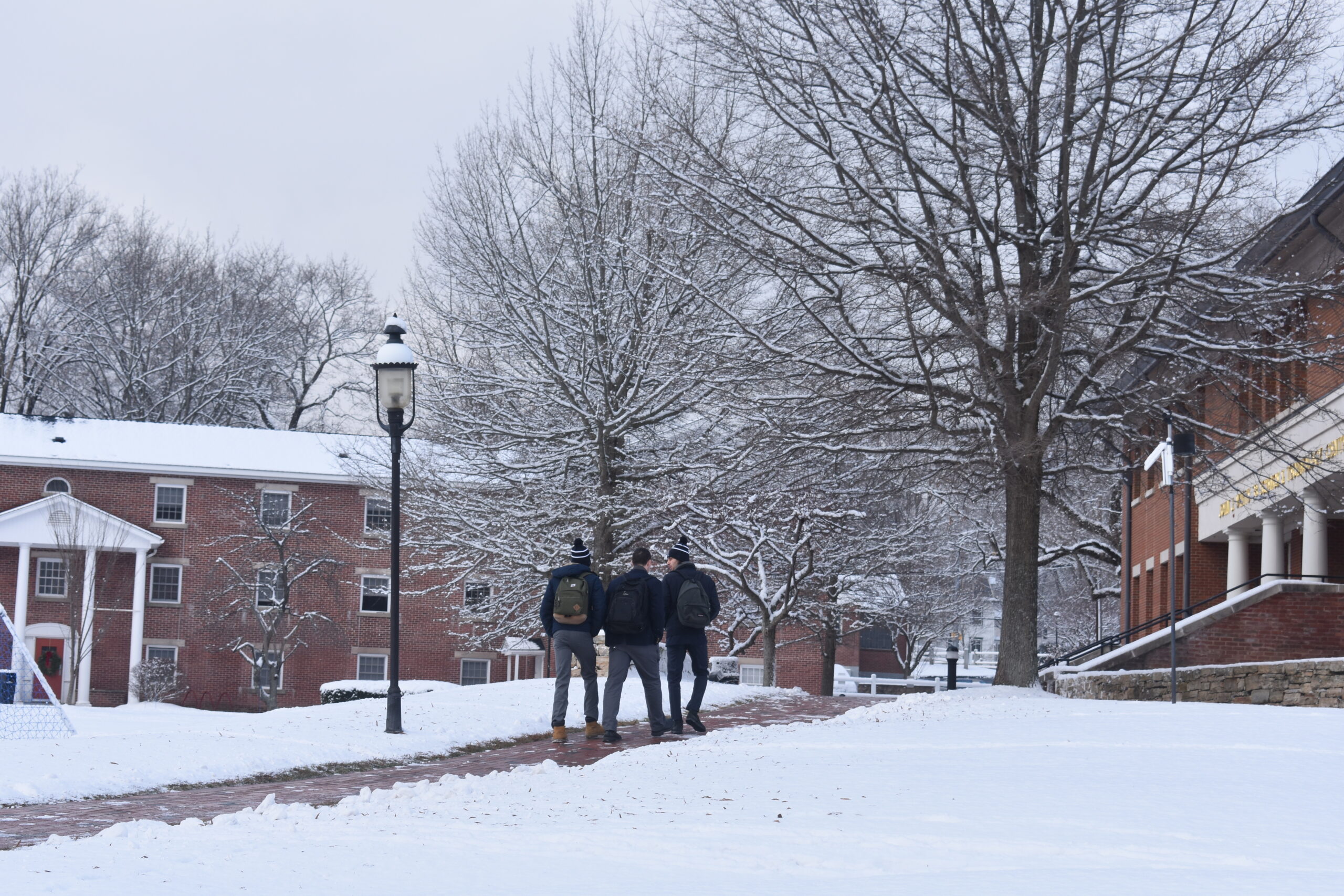Xuchu “Sam” Ding ’27 and Yinuo “Eason” Gao ’27 place first and second
For the second year in a row, Cheshire Academy students won first and second place in the regional Teaching the Genome Generation (TtGG) DNA Day Essay Contest, sponsored by The Jackson Laboratory for Genomic Medicine. Xuchu “Sam” Ding won the contest, and a $300 prize and Yinuo “Eason” Gao finished second and won $100.
Students were given a writing prompt asking if they would approve of artificial intelligence (AI) being used to sort out the results if they had to undergo genetic testing, said Science Teacher Dave Samuels, Ph.D. Each student researched and wrote a 750-word essay based on the prompt.
“Sam and Eason investigated the advantages and drawbacks of using artificial intelligence (AI) to interpret the results of genetic testing—a technology that’s becoming increasingly more prevalent and useful in modern medicine,” he said. “They found diverse sources that discussed both sides of this issue and summarized the key benefits and disadvantages of AI use. It was interesting to see their take on this issue, as they each wrapped up their entry with a personal touch—discussing whether they’d be comfortable having AI used to analyze their own genetic testing results.”
The annual essay contest is open to students of teachers in the TtGG program, which is designed to provide high school teachers with the content knowledge, teaching strategies, and resources needed to enhance student learning in genetics, genomics, and personalized medicine. TtGG students conduct classroom experiments, collect and analyze real data, and discuss ethical complexities at the intersection of human genomics, research, and medicine.
Feyza Horuz ’24 won last year’s contest and Sriharan Lakshmanaprasath ’24 won second place.
National DNA Day occurs each year on April 25 and commemorates the completion of the Human Genome Project in 2003 and the discovery of the DNA’s double helix in 1953. The day is a time to celebrate how these achievements have served as catalysts to drive the future of genomics.
With 11 locations, including one in Farmington, CT, The Jackson Lab, or JAX, is an independent, nonprofit biomedical research institution founded in 1929. Its mission is to discover precise genomic solutions for disease and empower the global biomedical community in the shared quest to improve human health.






